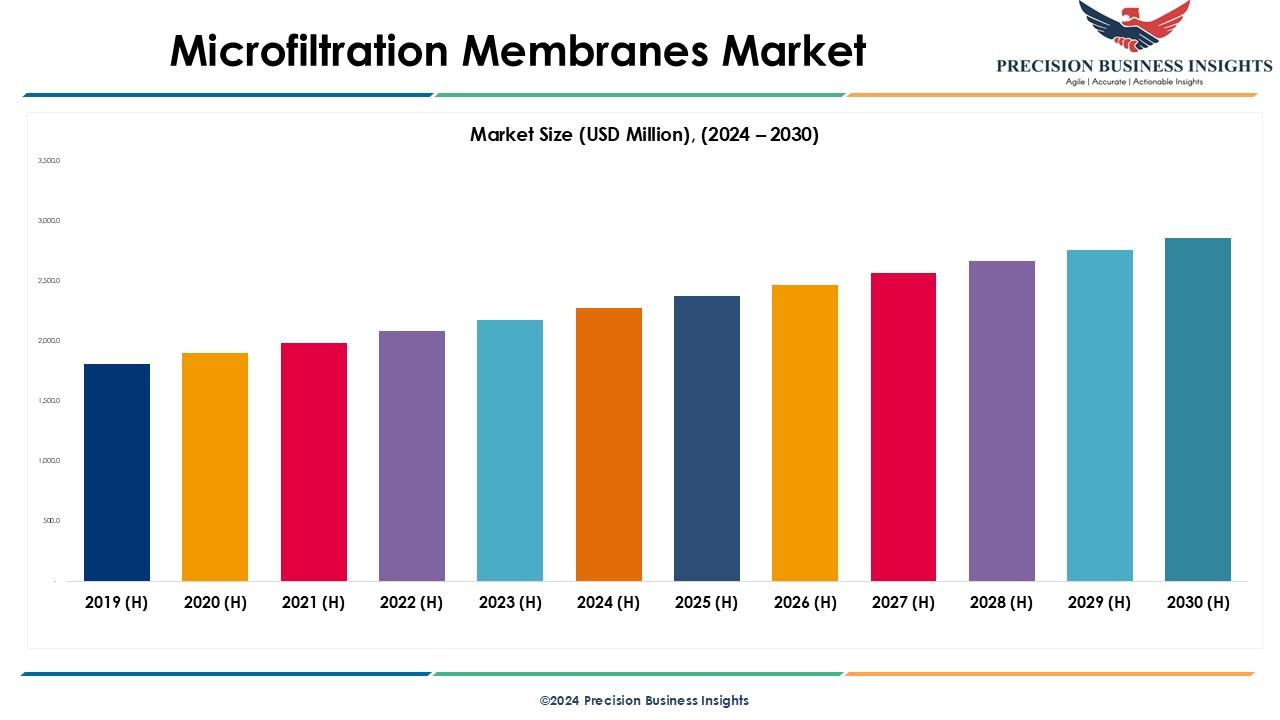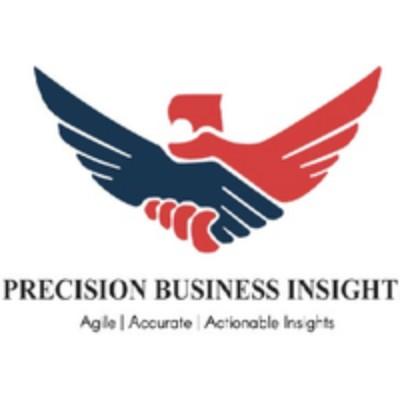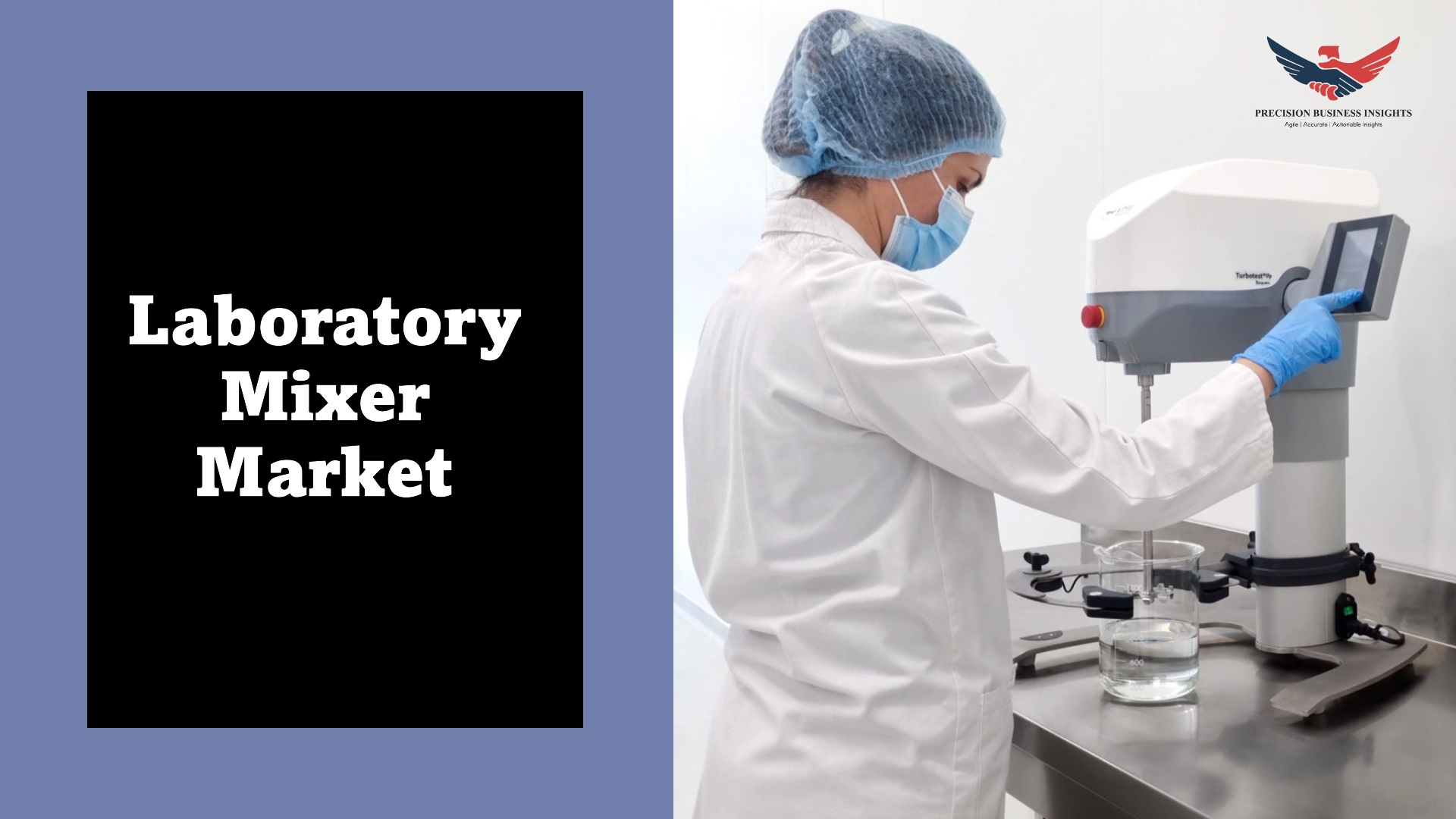Antihyperlipidemic Drugs Market: A Comprehensive Analysis
The global antihyperlipidemic drugs market size was valued at USD 12.91 billion in 2023, driven by the increasing prevalence of coronary heart diseases, lipid disorders, and hyperlipidemia cases globally. The market is expected to grow at a CAGR of 5.8% during the forecast period of 2024-2032, with the values likely to rise from USD 13.66 billion in 2024 to USD 21.44 billion by 2032.
Global Antihyperlipidemic Drugs Market Overview
Antihyperlipidemic drugs are used to manage and treat hyperlipidemia, a condition characterized by elevated levels of lipids in the blood, which can lead to cardiovascular diseases. These drugs are crucial in lowering cholesterol levels, reducing the risk of heart attack and stroke, and improving overall cardiovascular health.
Get a Free Sample Report with Table of Contents- https://www.expertmarketresearch.com/reports/antihyperlipidemic-drugs-market/requestsample
The market includes various types of antihyperlipidemic medications, such as statins, fibrates, bile acid sequestrants, and newer agents like PCSK9 inhibitors. The market's growth is fueled by the rising prevalence of lipid disorders and the continuous development of advanced therapeutic agents.
Global Antihyperlipidemic Drugs Market Dynamics
Increasing Prevalence of Coronary Heart Diseases
The rising incidence of coronary heart diseases is a significant driver of the antihyperlipidemic drugs market. As more people are diagnosed with conditions related to high cholesterol and lipid levels, the demand for effective antihyperlipidemic medications increases.
Growing Awareness of Lipid Disorders
There is an increasing awareness among healthcare providers and patients about the importance of managing lipid levels to prevent cardiovascular diseases. This heightened awareness is leading to more diagnoses and treatments, thereby driving market growth.
Advancements in Drug Development
Ongoing research and development in antihyperlipidemic drugs are leading to the introduction of more effective and targeted therapies. Innovations such as PCSK9 inhibitors and new formulations are expanding treatment options and improving patient outcomes.
External Global Antihyperlipidemic Drugs Market Trends
Emergence of Novel Therapies
The emergence of novel therapies, including biologics and combination therapies, is a key trend in the antihyperlipidemic drugs market. These therapies offer new treatment options and address unmet needs in managing lipid disorders.
External Global Antihyperlipidemic Drugs Market Trends
Emergence of New Drug Classes
The introduction of new classes of antihyperlipidemic drugs is shaping the market. For instance, the development of PCSK9 inhibitors has revolutionized the treatment of hyperlipidemia by offering a new mechanism for lowering LDL cholesterol levels, particularly in patients who are resistant to or intolerant of traditional therapies.
Integration of Digital Health Technologies
The integration of digital health technologies, such as mobile health apps and wearable devices, is becoming a significant trend in the management of hyperlipidemia. These technologies help patients monitor their lipid levels, adherence to medication, and overall health metrics, leading to improved management of their condition.
Personalized Medicine Approaches
Personalized medicine is making strides in the antihyperlipidemic drugs market. Tailoring treatments based on individual genetic profiles and response to therapy allows for more effective management of lipid disorders, which is driving the adoption of advanced therapies and diagnostics.
Global Antihyperlipidemic Drugs Market Segmentation
By Drug Class
- Statins: The most commonly prescribed antihyperlipidemic agents, statins are used to lower LDL cholesterol levels and reduce the risk of cardiovascular events.
- Fibrates: These drugs are effective in lowering triglyceride levels and are often used in conjunction with statins.
- Bile Acid Sequestrants: These agents work by binding bile acids in the gut, leading to a reduction in cholesterol levels.
- PCSK9 Inhibitors: A newer class of drugs that significantly lowers LDL cholesterol levels by inhibiting the PCSK9 protein.
By Route of Administration
- Oral: Most antihyperlipidemic drugs are administered orally, including statins and fibrates.
- Injectable: PCSK9 inhibitors and other injectable therapies are becoming more common for patients with severe hyperlipidemia or those who cannot tolerate oral medications.
By Distribution Channel
- Hospitals: Many antihyperlipidemic drugs are administered in hospital settings, especially for patients undergoing intensive treatment or monitoring.
- Retail Pharmacies: A significant portion of antihyperlipidemic medications is dispensed through retail pharmacies, where patients can obtain their prescriptions.
- Online Pharmacies: The rise of e-commerce has led to an increase in the distribution of antihyperlipidemic drugs through online platforms, offering convenience and accessibility.
Global Antihyperlipidemic Drugs Market Growth
Historical Market Growth
The antihyperlipidemic drugs market has experienced steady growth over the past decade, driven by increasing awareness of cardiovascular health and advancements in drug development. Statins have traditionally dominated the market, but newer therapies are gaining traction.
Forecasted Market Growth
The market is expected to continue its growth trajectory, with a projected CAGR of 5.8% from 2024 to 2032. Factors contributing to this growth include the increasing prevalence of hyperlipidemia, ongoing research and development, and the introduction of new therapeutic agents.
Recent Developments in Virus Filtration Market
The virus filtration market, although not directly related to antihyperlipidemic drugs, plays a role in ensuring the safety and quality of pharmaceutical products. Recent advancements in virus filtration technologies are enhancing the purity and efficacy of drug formulations, including those used for managing hyperlipidemia.
Global Antihyperlipidemic Drugs Market Scope
The global antihyperlipidemic drugs market encompasses a wide range of therapeutic agents, research and development activities, and distribution channels. It includes drug development companies, healthcare providers, and regulatory bodies that ensure the safety and efficacy of antihyperlipidemic treatments.
Global Antihyperlipidemic Drugs Market Analysis
Competitive Landscape
The market is highly competitive, with major players including Bristol-Myers Squibb Company, Merck & Co., AstraZeneca, Mylan N.V., Abbott, Aparito Ltd., and Amgen Inc. These companies are engaged in extensive research and development to bring innovative products to market and maintain a competitive edge.
Regulatory Environment
Regulatory agencies such as the FDA and EMA play a crucial role in approving and regulating antihyperlipidemic drugs. Their guidelines and regulations ensure that new therapies meet safety and efficacy standards before they reach the market.
COVID-19 Impact Analysis
The COVID-19 pandemic has had a multifaceted impact on the antihyperlipidemic drugs market. On one hand, disruptions in supply chains and healthcare services affected drug availability. On the other hand, the pandemic highlighted the importance of managing comorbid conditions like hyperlipidemia to reduce the risk of severe outcomes from COVID-19. As a result, there has been an increased focus on cardiovascular health and a renewed interest in antihyperlipidemic treatments.
FAQs
1. What are antihyperlipidemic drugs?
Antihyperlipidemic drugs are medications used to manage high levels of lipids (cholesterol and triglycerides) in the blood, reducing the risk of cardiovascular diseases.
2. What are the main classes of antihyperlipidemic drugs?
The main classes include statins, fibrates, bile acid sequestrants, and PCSK9 inhibitors.
3. How is the global antihyperlipidemic drugs market expected to grow?
The market is expected to grow at a CAGR of 5.8% from 2024 to 2032, reaching USD 21.44 billion by 2032.
4. Who are the key players in the antihyperlipidemic drugs market?
Key players include Bristol-Myers Squibb Company, Merck & Co., AstraZeneca, Mylan N.V., Abbott, Aparito Ltd., and Amgen Inc.
5. How has COVID-19 impacted the antihyperlipidemic drugs market?
COVID-19 has led to increased focus on managing comorbid conditions like hyperlipidemia, although it also caused disruptions in supply chains and healthcare services.
Media Contact:
Company Name: Claight Corporation
Contact Person: Mark, Business Consultant
Email: sales@expertmarketresearch.com
Toll Free Number: US +1-415-325-5166 | UK +44-702-402-5790
Address: 30 North Gould Street, Sheridan, WY 82801, USA
Website: www.expertmarketresearch.com




